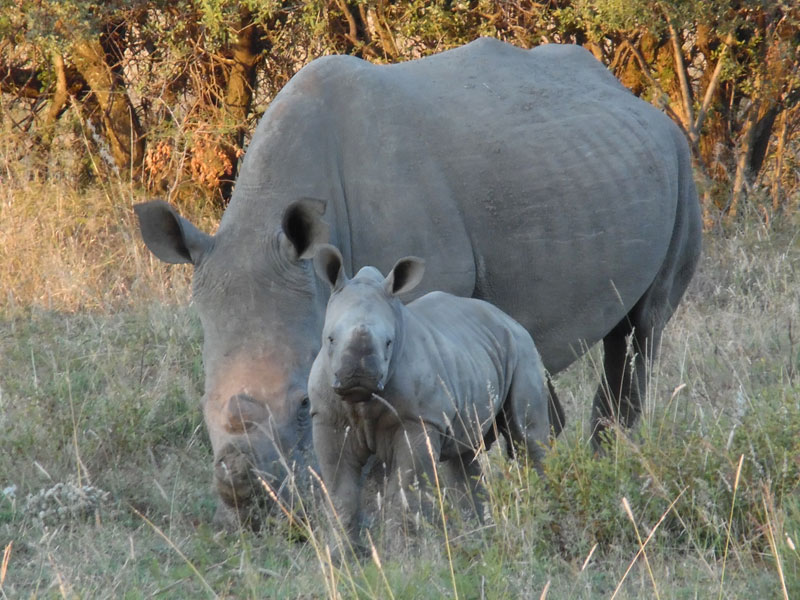About Us
In June 2016, I was part of a volunteer team that helped dehorn eight rhinos at a wildlife reserve in South Africa. Like many Americans, I had always supported a ban on the sale of rhino horn, but after talking to the incredibly passionate people on the front lines of this war to save an amazing animal, I am convinced they have the right idea.
I built this site to get their message out to Americans—and anyone else.
It's basic economics: When demand is high and supply is low, prices go through the roof. And when governments prohibit the sale of something the public wants, organized crime will step in and fill that demand. Over and over, the South Africans we met used the example of the Prohibition in the U.S.: The government banned the sale of alcoholic beverages in 1920, and organized crime stepped in, filled the demand, and prospered.
When it comes to rhino horn, there are scores sitting in storage that for now cannot be sold. Why not allow private reserves (that pay for the dehorning) sell some while at the same time continue the long-term effort to educate people in Asia that rhino horn has no medicinal value? That will help the reserves pay for greater protection for their rhinos, and might bring the price down and reduce the incentive to poach. That's a short-term and a long-term solution, and the combination could end up saving these majestic creatures.
Mike Hanlon

A mother and son: Mish and Madolo, age 1 month. Want to learn more about little Madolo? Check out this video: